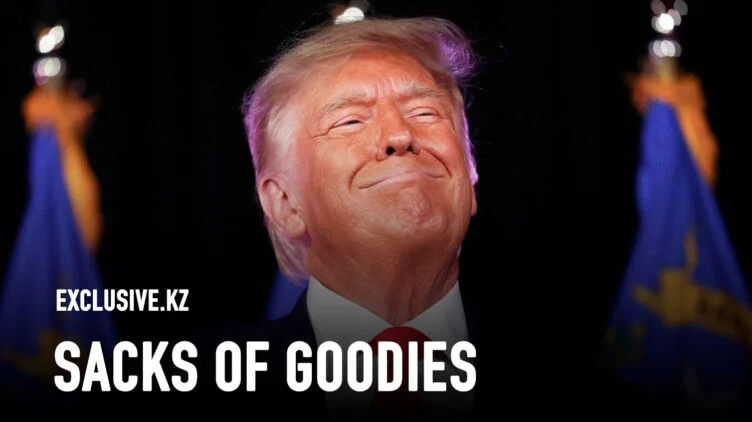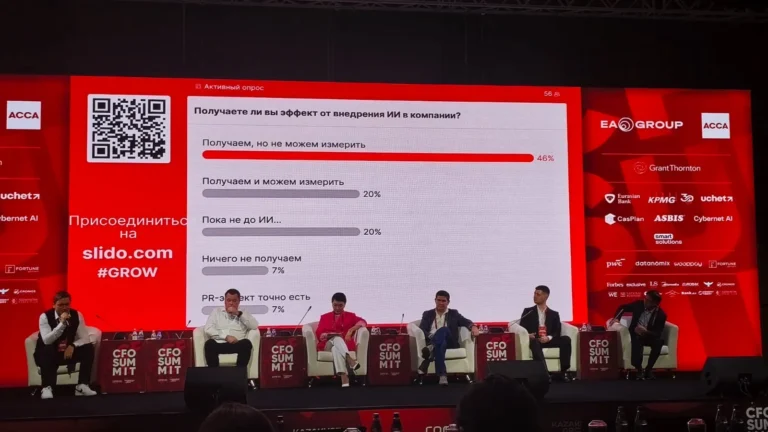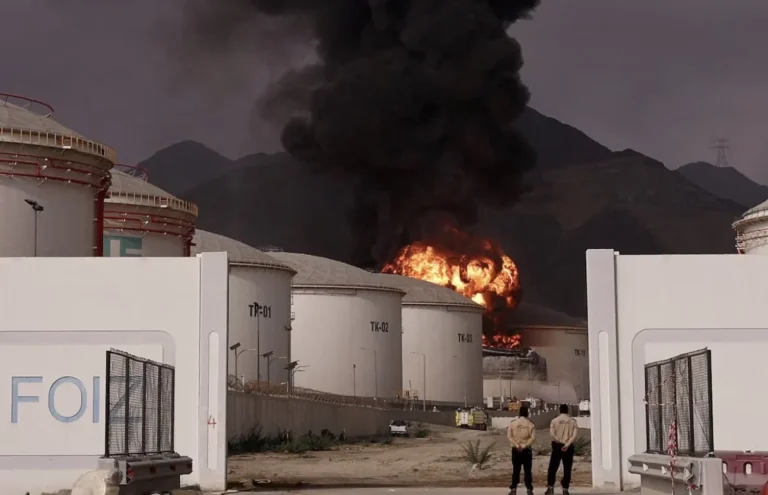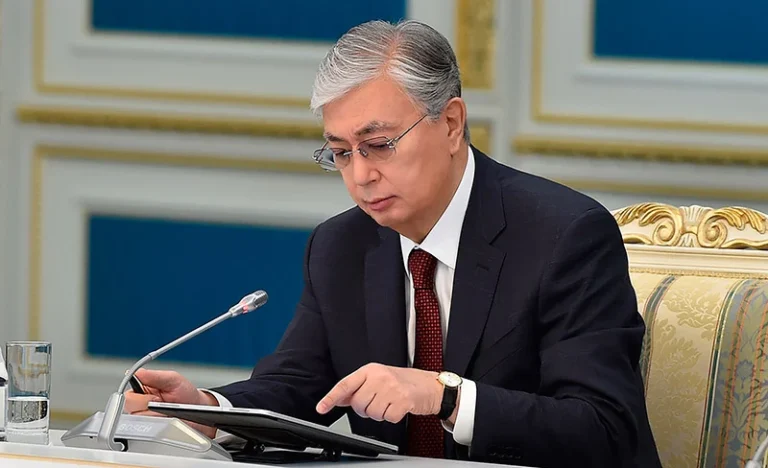Trump’s Corruption Is in a League of Its Own

Remember the airplane that Qatar gave Donald Trump? American president accepted this $400 million “gift” from the Gulf monarchy – a move that was somehow certified as legal by his attorney general, Pam Bondi, herself a former lobbyist for Qatar. In the days since, Trump has doled out seats for a private dinner to the largest holders of his personal “memecoin.” With Trump, the corrupt conduct has come so fast that it is hard to keep up, making it difficult for public opinion to focus on any particular scandal.
Yet there is something special about the plane story. It sheds more light on the peculiarities of Trump’s regime in comparison to other kleptocracies, and it may foreshadow future political turbulence for what is already the most corrupt administration in US history.
The backstory is that, after receiving a private tour of the Qatari Boeing 747 – a gilded “palace in the sky” – in Florida, Trump is said to have become fixated on it. Boeing’s delivery of new Air Force One jets apparently has been delayed until 2027 or later, and here was a plane with all Trump’s favorite trappings: gold (whether real or fake) and an excess of ornamentation in a style that one architecture critic calls “regional car dealership rococo.”
Originally, palaces served as the residences of Roman emperors. By mixing official administration and private life, they signaled that the state belonged to a particular person. Thus, as an aesthetic form, the palace is fundamentally inappropriate in a democracy (unless, as in some former or current monarchies, there are clear design choices that distance the occupant from anything resembling dictator chic).

Trump’s total disregard for the functional requirements of Air Force One further demonstrates that he is mainly interested in a made-for-TV presidency. Only what is immediately visible matters. Never mind that it may take years to bring the “flying palace” up to standard (Air Force One is supposed to be a flying command post capable of surviving nuclear war, free of any enemy listening devices). The fact that this process might cost billions is secondary to the immediate impression of getting a great “deal” and basking in the ersatz glamor of Gulf state royalty.
No wonder Trump’s administration has ended up being staffed by inexperienced – and, in more than one case, evidently incompetent – TV talking heads, mostly from Fox News. But even more important, the plane signals to everyone that America’s president is open for business and eager to monetize his office. As South African President Cyril Ramaphosa put it during his recent visit to the White House: “I am sorry I don’t have a plane to give you.”
In this regard, the Trump regime is fundamentally different from other autocracies in which the ruler enriches himself and his family. After all, Russian President Vladimir Putin and Hungarian Prime Minister Viktor Orbán have always been careful to hide their ill-gotten wealth. The murdered Russian dissident Alexei Navalny was targeted precisely because he exposed Putin’s corruption, offering undeniable evidence of “Putin’s Palace” on the Black Sea. Similarly, Orbán faces growing public scrutiny of his son-in-law, one of the country’s richest individuals.
Thus, when it comes to corruption, Trump is in a class of his own. Since he has always sold himself as a successful businessman, any new venture – no matter how obvious the conflict of interest – appears to strengthen his brand. And unlike other aspiring autocrats, he does not worry about international organizations, let alone international opinion. There is no need, for example, to try to fool the European Commission into thinking that European Union funds are not being siphoned off to your cronies and family – as Orbán has long taken pains to do.
On the contrary, by having his attorney general shut down anti-kleptocracy units and abolish penalties for US companies paying bribes abroad, Trump is sending a clear signal that self-dealing is now the business of America. And once people are convinced that everyone is corrupt, those truly committed to kleptocracy have won the game.
Americans are learning the hard way that simply exposing corruption takes you only so far. There is a long-running pattern of right-wing populists coming to power as great anti-corruption crusaders, only to extend the swamp. It is naive to think that such flagrant betrayals will doom them politically. All too often, they convince their followers that corruption is not corruption, but rather a legitimate part of the mass clientelism typical of populist regimes. The “real people” get benefits and bureaucratic favors (including clemency), while everyone else gets nothing.
Other populist tricks work only in particular contexts. For example, former Italian Prime Minister Silvio Berlusconi, shadowed by accusations of tax fraud throughout his career, would wink at Italians: “Everyone is doing it. I’m just particularly good at it.” If this sounds familiar, that is because Trump said much the same thing when he ran for the presidency in 2016. But he has gone further than Berlusconi in actually gutting the tax authority, making things easier for cheats.
That said, the Qatari plane scandal could disrupt the pattern of impunity. As evidence of brazen corruption, it is much easier to grasp than, say, abstract schemes to profit from cryptocurrency purchases (at least until a financial crash that affects everyone). It can also be read as a flying admission of failure. Have we really reached the point where a major US company, Boeing, can no longer deliver equipment on time to the most powerful person in the world? One is reminded of the East German leaders who were ferried around in Volvos – a tacit acknowledgement that the state socialist regime’s industrial capacities were insufficient.
Last but not least, even die-hard Trump supporters are queasy about his taking “sacks of goodies” from a state known for funding Hamas. The supposedly “free” gift might yet turn out to be politically costly.
Copyright: Project Syndicate, 2025.





Все комментарии проходят предварительную модерацию редакцией и появляются не сразу.